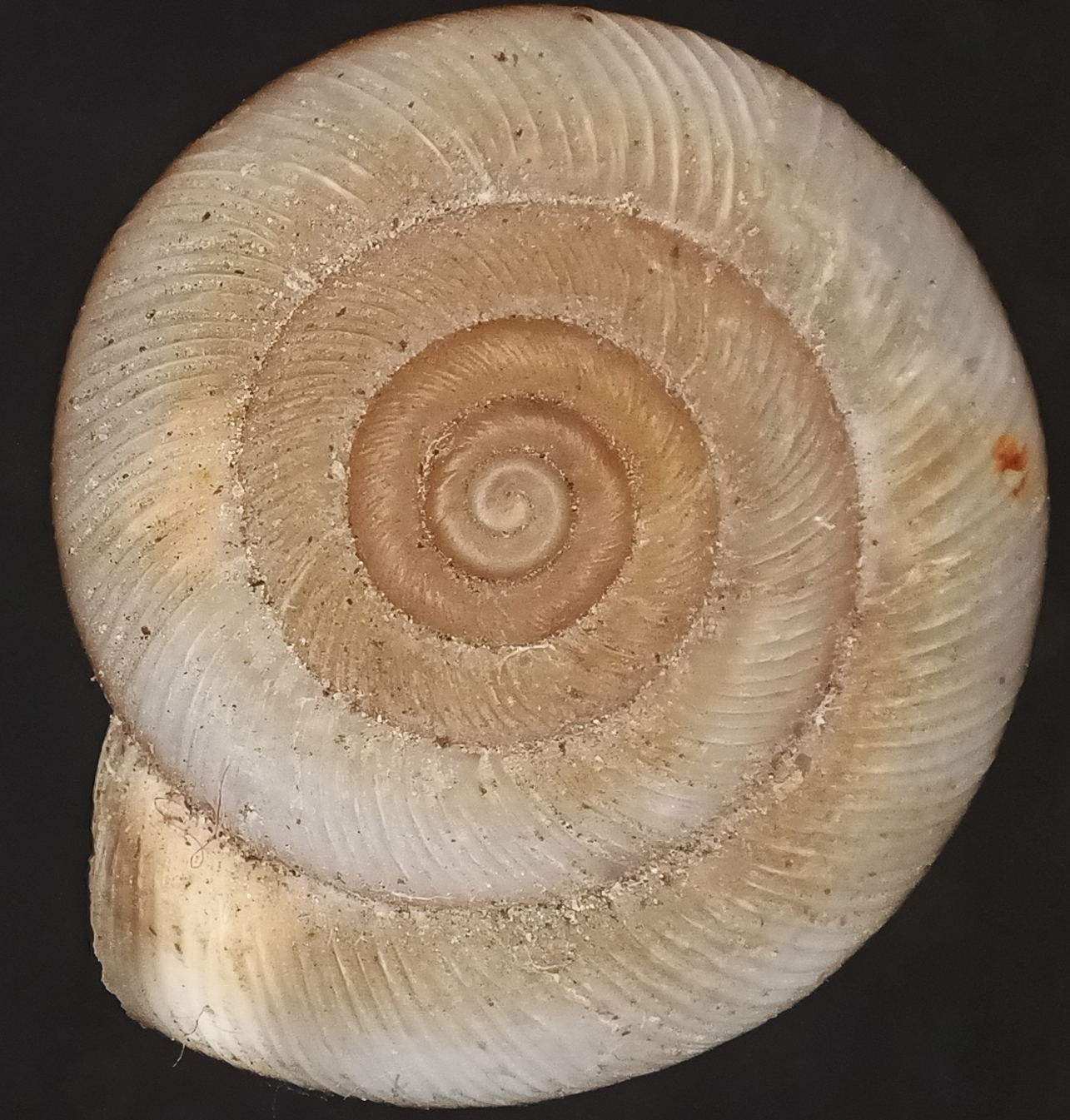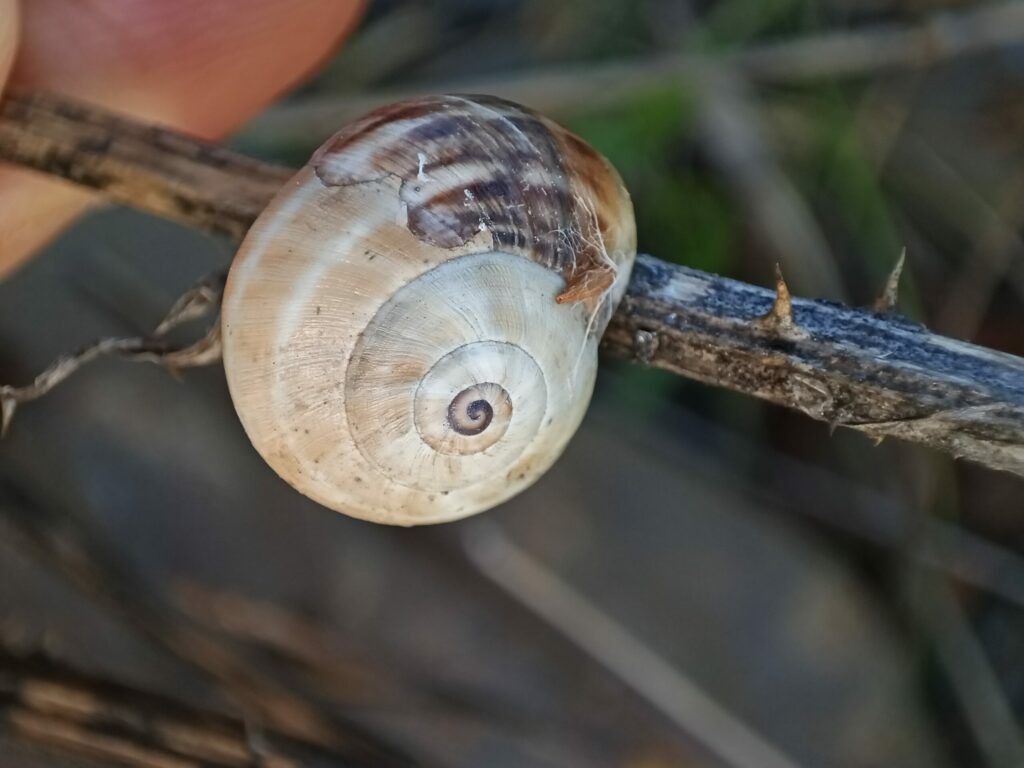Seven new snail species have been discovered in Belgium, a significant find considering there are only around 110 species in the country.
Natagora and the Royal Belgian Malacological Society reported on Tuesday that seven new snail species had been found in building material dumps. They noted that the slow-moving animals travel mainly as a result of international trade via shipments of plants or products linked to agriculture, allowing them to carry out long journeys.
"Snails are ideal stowaways," says Johann Delcourt of the Royal Belgian Malacological Society. He added that they use mobile elements, including other animals, to get around: "They attach themselves to supports and are capable of spending months hidden in their shells."

The Cathaica Fasciola originates from outside Europe. Credit: Fanny Vanobberghen
Three of the new species (Cathaica fasciola, Bradybaena jourdyi and an undetermined species of the genus Acusta) originated in China or Vietnam. However, all these species were found dead.
The four others – the velvety heliconia (Xerotricha conspurcata), the gorge heliconia (Chilostoma cingulatum), the toothed clausilie (Laciniaria plicata) and the clubbed pearl (Charpentieria itala) – are native to Europe.
Cause for concern?
Delcourt noted that climate change is "undoubtedly encouraging" the arrival of species from elsewhere, with the species discovered appreciating a warm, dry climate.
The arrival of velvety heliconias, gorges heliconias, toothed clausilas and clubbed pearls are not expected to explode and pose no known problems. However, Delcourt stressed that the Cathaica fasciola and Theba pisana are a potential concern as they cause considerable damage to agriculture.
"These species are transported with different types of goods. But only a handful of volunteers are working to prevent them from spreading. This is clearly not enough."
Related News
- Why 'Taylor Swift' cats are banned in Belgium
- Mammoth and red deer remains discovered on Metro 3 site in Brussels
One particular species of the Acusta genus is devastating, but the organisations are not sure whether this is the type that has arrived in Belgium. "We haven't identified all the individuals discovered because of the expense of carrying out DNA analyses."
Natagora is therefore appealing for donations to ensure that closer study of these creatures is not impeded by the cost.

